
CALS combats COVID
How the College of Agriculture and Life Sciences, Virginia Cooperative Extension, and 4-H helps communities thrive through COVID-19
By Max Esterhuizen, Zeke Barlow, and Alex Hood
When COVID-19 took over the globe and changed virtually every aspect of our lives, CALS did exactly what it has done since Virginia Tech was founded nearly 150 years ago — find solutions to the most pressing issues of the day.
Researchers called upon decades of expertise to develop responses to food security challenges during the pandemic. Professors pivoted their teaching methods to continue providing the world’s best education. Virginia Cooperative Extension agents sewed face masks to keep their communities safe. 4-H leaders innovated new ways to engage and educate the next generation of leaders. Alumni shared the knowledge that they had gleaned at the college with the world.
Just like the rest of society, life has been fundamentally altered for the CALS family during COVID-19. But our mission to help our communities thrive never wavered, and became stronger than ever.

CALS gets creative to deliver courses
Although this academic year has been anything but normal, CALS faculty and graduate students pivoted the way they taught in order to continue to deliver a world-class education. Some even said the shift to COVID-compliant courses helped them improve their teaching methods.
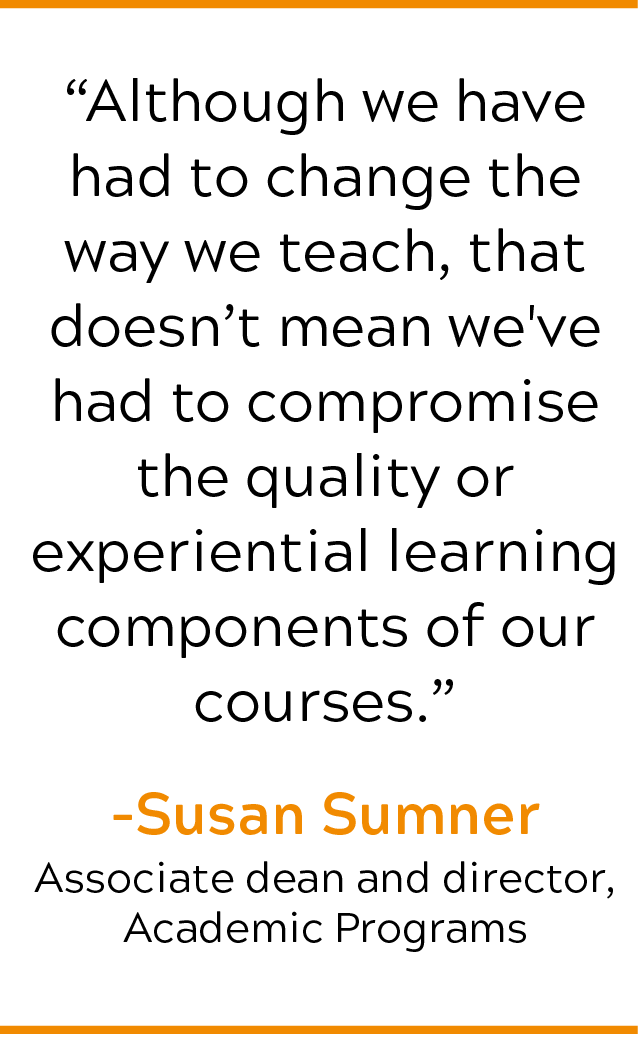
During Herbert Bruce’s First-Year Experience class, he worked diligently to comply with COVID-19 safety guidelines while allowing students to socialize. Each course section was still taught in-person, though now held in a room built to accommodate 230 people so the roughly 40 students in each section could safely distance. Bruce also streamed each session live via Zoom, so students who couldn’t come to campus for safety reasons could still participate in the full first-year Hokie experience.
“Doing it this way has been a lot more difficult, but I honestly believe it’s what the students need in order to get as much normalcy out of the semester as possible,” said Bruce, an assistant professor of practice in food science and technology.
Students agree that their professors were there for them.
“Even though we are not in class, I want to reiterate how well the professors and TA’s are with communication and patience,” said Atticus Morgan, a junior majoring in crop and soil sciences.
“Although we have had to change the way we teach, that doesn’t mean we've had to compromise the quality or experiential learning components of our courses,” said Susan Sumner, associate dean and director of academic programs. “There are numerous examples across the college of faculty and graduate students who not only rose to the challenges presented by COVID-19, but were able to enhance their courses. The spirit of Ut Prosim is demonstrated every day by our faculty, staff, and students.”
COVID doesn't slow Extension down
Though COVID-19 halted many of the Virginia Cooperative Extension’s in-person events due to public safety concerns, it didn’t slow down the agents, specialists, and administrators who brought many of the in-person experiences online, resulting in some unique and impactful educational opportunities.
“Extension is here to serve the commonwealth at all times and we strive to address the new challenges in our communities by providing convenient and powerful resources for them wherever they may be,” said Ed Jones, director of Virginia Cooperative Extension. “Our agents are incredible resources who continually work to be beacons of light for communities across the commonwealth.”
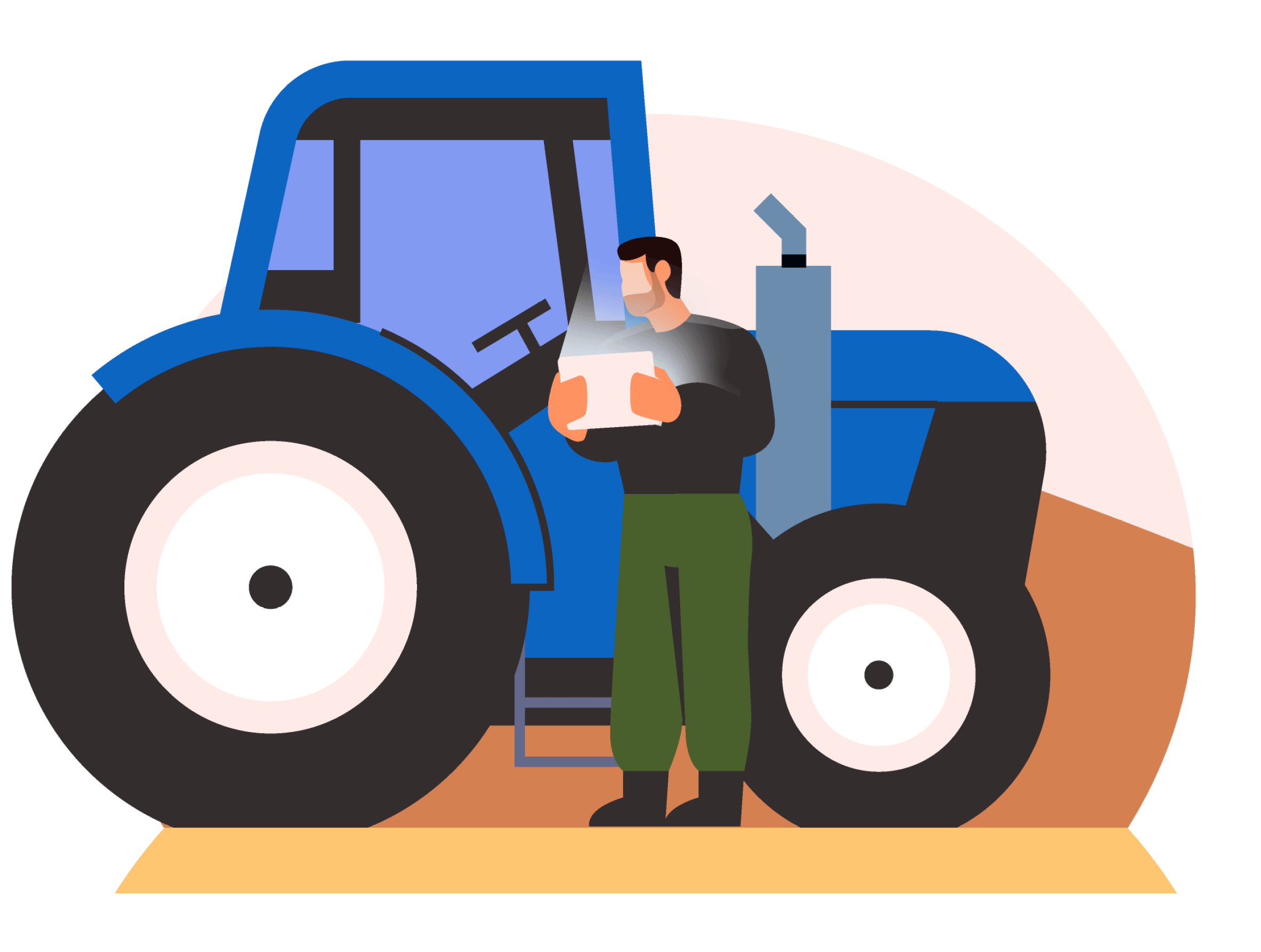
One such example was the Southwest Virginia Bull Test Program, which required a new method of delivery for the annual sale to continue.
A mechanism was established for producers to buy bulls without gathering for the traditional auction. The sale was moved to an internet auction format, which allowed producers to bid online while the sale was broadcast using an auctioneer and recorded videos of the animals.
Another change was the introduction of virtual field days. Instead of the traditional in-person events, virtual educational events were delivered from the comfort of specialists’ homes or the familiarity of a tractor.
These field days, held at Agricultural Research and Extension Centers across the commonwealth, combined pre-recorded and live presentations to deliver knowledge that only Virginia Cooperative Extension can provide.
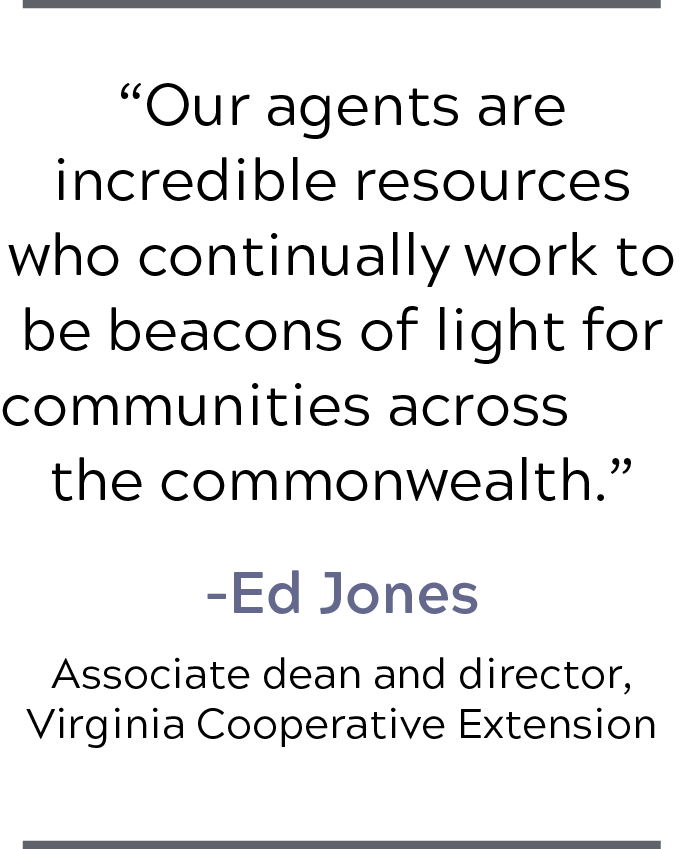
When this year’s Virginia Ag Expo was canceled, Extension pivoted to an online video educational series to provide producers with the knowledge they trust.
The event is the state’s largest outdoor agricultural showcase and attracts producers from around the commonwealth. Normally, one of the highlights of the event is when Extension specialists and agents host a field tour where they share information with producers on the newest ways to boost their profits and increase yield. Pandemic or not, producers still turned to Extension for that information.
For Ag Expo, that meant a series of videos in which Extension specialists and agents shared insights on topics ranging from soybean seeding rate to how to manage fertilizer inputs to maximize corn yields.
For Ag Expo, that meant a series of videos in which Extension specialists and agents shared insights on topics ranging from soybean seeding rate to how to manage fertilizer inputs to maximize corn yields.
A tangled web of surfaces
From Amazon packages to takeout containers, people touch a multitude of surfaces every day, leaving behind residue, germs, and more. Food supply chain personnel from every level – growing, processing, distribution, and retail – are constantly in contact with a variety of them.
To address this issue, college researchers are studying how long SARS-CoV-2 — the virus that causes COVID-19 — survives on surfaces, focusing on its survival on food, food contact surfaces, and other points along the food supply chain.
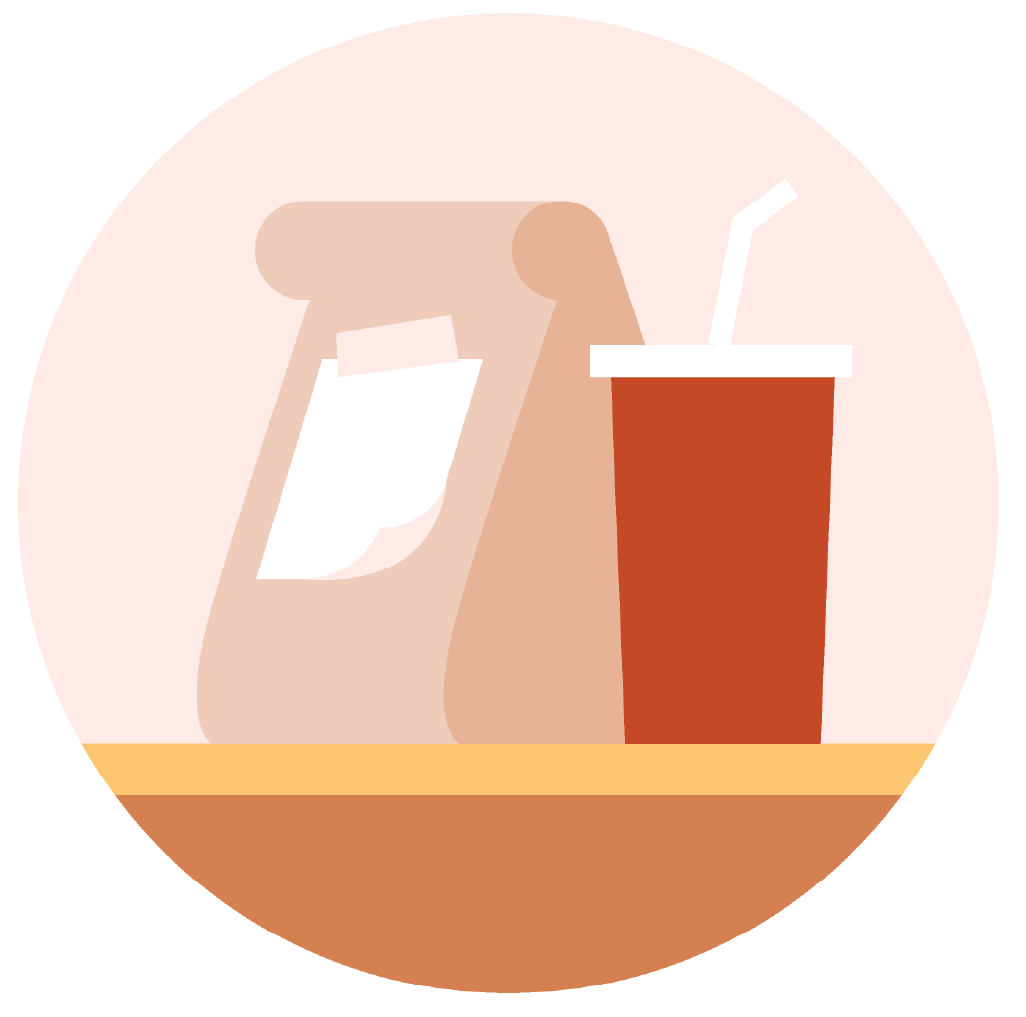
With a two-year, $1 million grant from the USDA National Institute of Food and Agriculture, researchers will investigate best practices for ensuring supply chain workers do not contract SARS-CoV-2 from handling packaging and how to properly sanitize during food distribution and production.
“Our knowledge about SARS-CoV-2 virus’ survival on foods and food contact surfaces, and the response of the virus to different disinfection methods, is very limited,” said Reza Ovissipour, an assistant professor in food science and technology and an Extension specialist at the Virginia Seafood Agricultural Research and Extension Center.
Hokie called on to represent the United States
The beginning of the COVID-19 outbreak had unforeseen consequences for the food sector. Food producers found themselves with a surplus of perishable items that were once bound for schools, conferences,  and sporting events, and food businesses struggled to get the supplies they needed to remain open. Every link in the global food supply chain scrambled to adapt to the sudden changes in demand.
and sporting events, and food businesses struggled to get the supplies they needed to remain open. Every link in the global food supply chain scrambled to adapt to the sudden changes in demand.
To address these issues, the Inter-American Institute for Cooperation on Agriculture assembled an advisory council to evaluate COVID-19’s impact on food security in the Americas. When experts were selected from around the world, Virginia Tech alumna Elsa Murano was called upon to represent the United States.
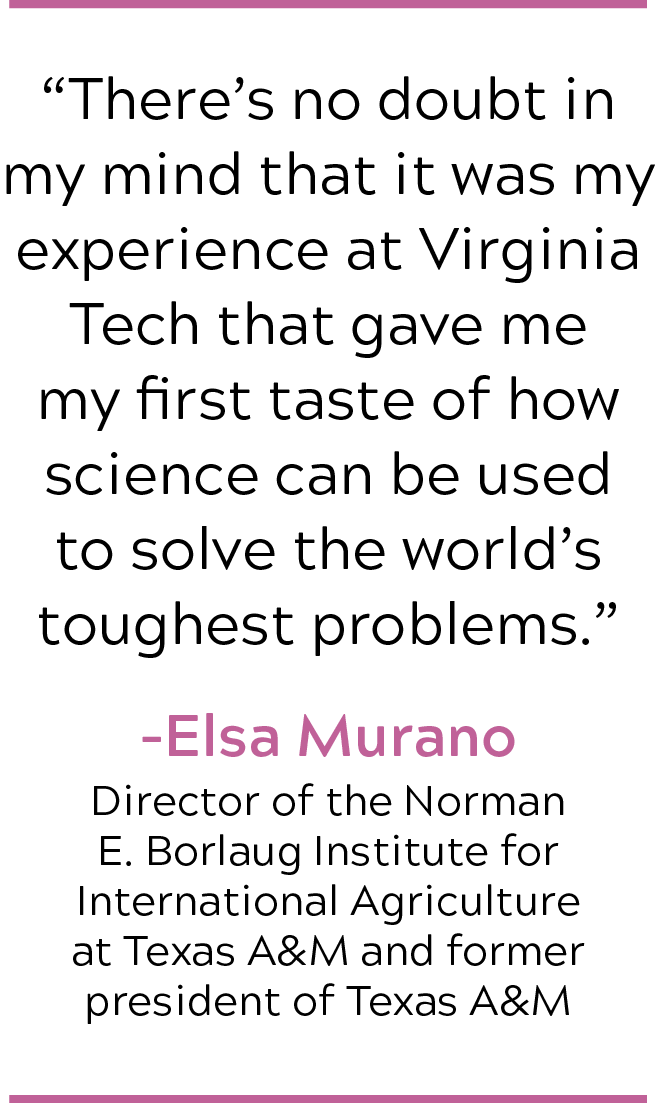
Murano was uniquely qualified when she was charged with monitoring and making recommendations on agricultural development, food safety, farming, and trade throughout the pandemic. After earning her master of science and Ph.D. in food science from Virginia Tech in 1987 and 1990, Murano served as undersecretary for food safety at the USDA and as Texas A&M University’s first female and first Hispanic-American president. She is currently the director of the Norman Borlaug Institute for International Agriculture.
“There’s no doubt in my mind that it was my experience at Virginia Tech that gave me my first taste of how science can be used to solve the world’s toughest problems,” Murano said.
Since forming in April, the council supported an increased focus on small-scale farming through enhanced access to credit and rural insurance, created a series of virtual seminars to inform policymakers on actions they should take post-COVID-19 to bolster agrifood sector recovery, and promoted greater use of biotechnology in food production to help strengthen agricultural value chains.
A theme of thankfulness

"Theatre Through Windows" combined service with improv performance when undergraduates in Ozzie Abaye's Agriculture, Global Food Security, and Health course performed skits for the residents of Christiansburg’s Commonwealth Senior Living. Students Rose Scannell, Mary Weeks, Sara Rheintgen, and Noreen Karam were tasked with a service-learning project and mentored by the performance co-creators Courtney Surmanek and Stephen T. Licardi.
Activities included sing-a-longs, poetry, charades, and other interactive games while maintaining a distance between the students and residents.
Agricultural productivity in the time of COVID-19
The 2020 Global Agricultural Productivity Report released by CALS raises concerns about the resilience of our agricultural systems in the face of pandemic-scale outbreaks that directly impact people, crops, and livestock.
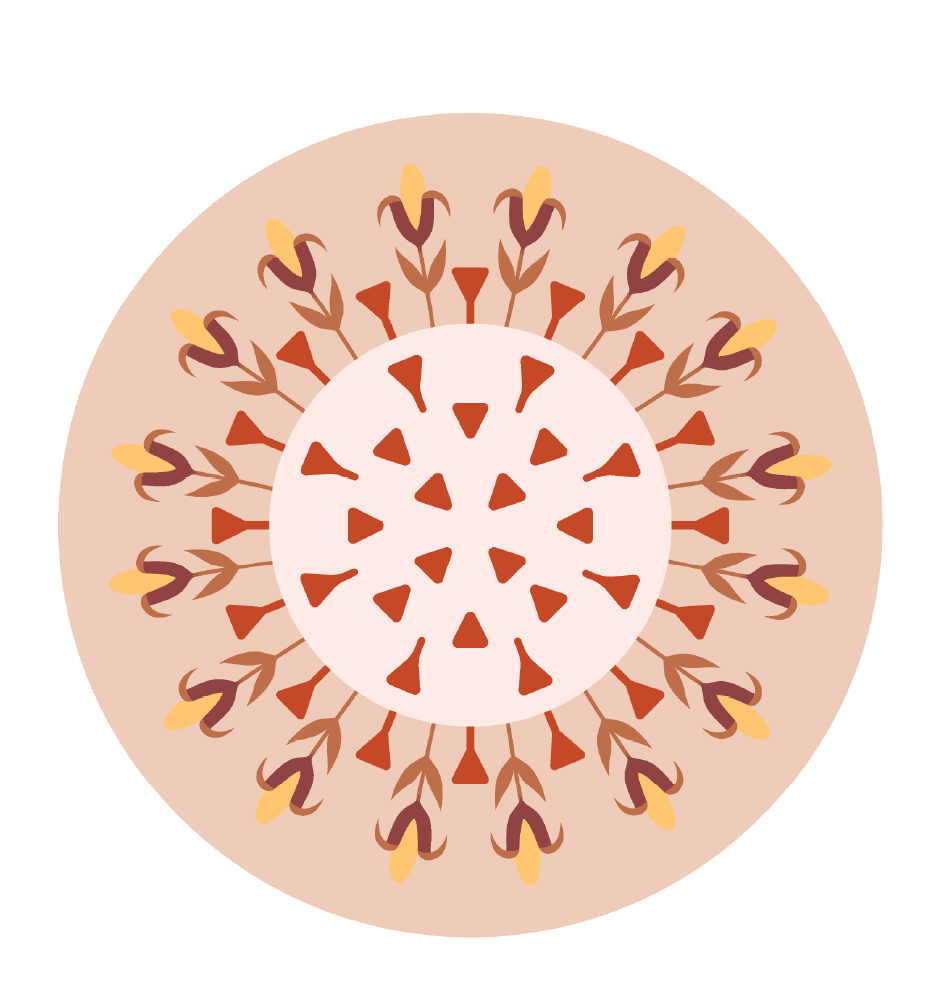
New data from the USDA Economic Research Service presented in the report indicates that globally, Total Factor Productivity is below the target of 1.73 percent required to double agricultural output from 2010 to 2050.
The theme of the 2020 GAP Report was inspired by the COVID-19 pandemic, but that is just the tip of the iceberg according to Ann Steensland, who leads the Global Agricultural Productivity Initiative for the college and is the author of the report.
“Agricultural producers grapple with disease and pest outbreaks with alarming frequency,” Steensland said. “While most of our current attention is on COVID-19, in East Africa swarms of desert locusts are decimating crops, wiping out a source of food and income for millions of people.”